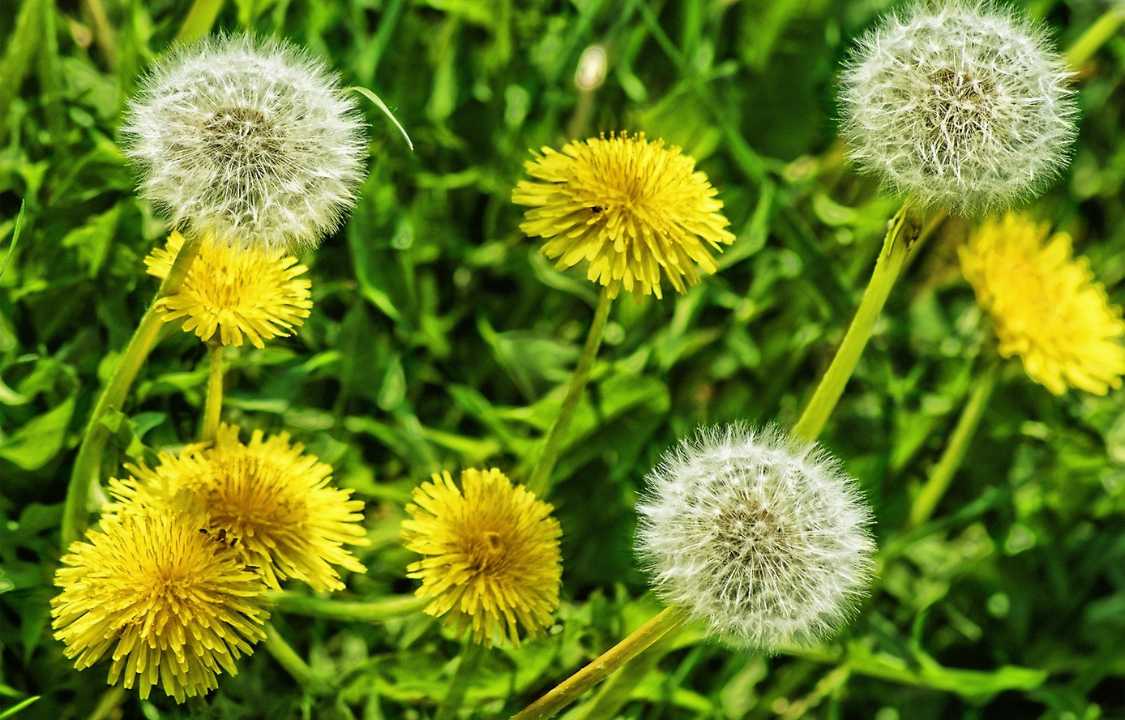Health Benefits
What Is Dandelion?
The dandelion (Taraxacum officinale) is a common plant with a rich history of traditional use in various cultures as a diuretic and digestive aid. While its reputation as a healing plant is well-established, clinical research on its potential health benefits remains limited. In this comprehensive exploration, we will delve into the potential advantages of dandelion, its nutritional value, how to identify it, and ways to incorporate it into your diet. Additionally, we will discuss safety considerations and possible drug interactions associated with dandelion.
Benefits of Dandelion
Dandelion has been lauded for its potential health benefits, although conclusive scientific evidence is still lacking. Here are four potential advantages of dandelion:
1. May Act as a Diuretic:
- Dandelion is often considered a natural diuretic, which means it may promote urination and sodium excretion, thus reducing water retention in the body. Diuretics are sometimes used to manage conditions like hypertension and congestive heart failure. A study involving dandelion extract reported an increase in urination frequency, albeit with limitations in duration and sample size. More extensive research is needed to establish the diuretic effects of dandelion supplementation in humans.
2. May Aid Digestion:
- For centuries, dandelion has been used worldwide to support healthy digestion. Consumed as a tincture or tea, it has been employed to manage indigestion, constipation, stomach and liver inflammation, nausea, and appetite stimulation. Bitter greens like dandelion may stimulate bile production, aiding the digestion of dietary fats. Dandelion also contains inulin, a prebiotic fiber that supports gut health. While it appears to assist with gastrointestinal issues, further research is necessary to confirm its efficacy.
3. Good Source of Vitamins and Minerals:
- Dandelion greens are a rich source of essential vitamins and minerals, including fiber, potassium, iron, calcium, magnesium, phosphorus, and B vitamins. One cup of raw dandelion greens provides a substantial portion of the daily value for iron, calcium, and beta-carotene, a potent antioxidant that combats harmful reactive oxygen species. These nutrients contribute to overall health and well-being.
4. Possibly Protective Against Cancer:
- Limited studies have explored dandelion’s role in cancer treatment and prevention. Although certain compounds in dandelion may inhibit cancerous tumor growth, the evidence is insufficient to recommend dandelion supplementation for cancer-related purposes.
How to Identify Dandelion
Dandelion plants are ubiquitous garden weeds known for their distinctive jagged-edged leaves and vibrant yellow flowers. As the flowers mature, they transform into wispy, white globes. Dandelions thrive in various climates and are commonly found in grassy lawns and along roadsides.
How to Add Dandelion to Your Diet
Every part of the dandelion plant, including the root, leaves, and flowers, is edible and has been historically used for medicinal purposes. Dandelion greens, the leaves, are the most frequently consumed part of the plant. Here are ways to incorporate dandelion into your diet:
1. Sautéed Dandelion Greens: Sauté dandelion greens with aromatic ingredients like onions and garlic for a flavorful side dish. They can also be added to soups, stews, and salads.
2. Dandelion Coffee: The roasted root of the dandelion plant can be a coffee alternative. It provides a unique flavor profile and may offer a caffeine-free option for coffee lovers.
3. Dandelion Teas and Wines: Dandelion can be used to make a variety of beverages, including teas and wines, each with its distinct taste and potential health benefits.
4. Supplements: Some supplement companies offer dandelion-based products, such as extracts and capsules, for a range of purposes. However, the clinical evidence supporting these supplements is limited, and their safety and accuracy are not regulated by the FDA. Consult with a healthcare provider before using such supplements.
Dosage and Safety
Consuming whole dandelion as a food is generally considered safe. However, individuals with allergies to plants like ragweed, chrysanthemums, marigolds, and daisies, which are botanically related to dandelion, should exercise caution when consuming dandelion.
The safety and optimal dosage of dandelion supplements remain uncertain. Pregnant and breastfeeding individuals should be cautious, as there is limited information about the safety of dandelion supplementation during these periods.
Potential Drug Interactions
Dandelion supplements may interact with certain medications. For example, dandelion’s potential blood-thinning properties could enhance the effects of anticoagulant medications, increasing the risk of bleeding. Additionally, dandelion’s impact on blood sugar levels might interact with diabetes medications, potentially causing hypoglycemia.
Side Effects of Dandelion
When consumed as a whole food, dandelion is generally well-tolerated. However, excessive intake may lead to side effects such as diarrhea, stomach upset, or heartburn, similar to reactions that can occur with other dietary supplements. When foraging for wild dandelions, exercise caution regarding potential chemical contaminants like fertilizers or pesticides.
A Quick Review
Dandelion, with its historical use as a diuretic and digestive aid, has garnered attention for its potential health benefits. While it can be a valuable addition to your diet due to its rich nutrient content, clinical research on its efficacy as a supplement remains limited. If you choose to explore dandelion supplementation, consult with a healthcare provider to ensure its safety and appropriateness for your specific needs. Remember that whole foods like dandelion greens offer a natural and nutritious way to enjoy its potential health advantages.

